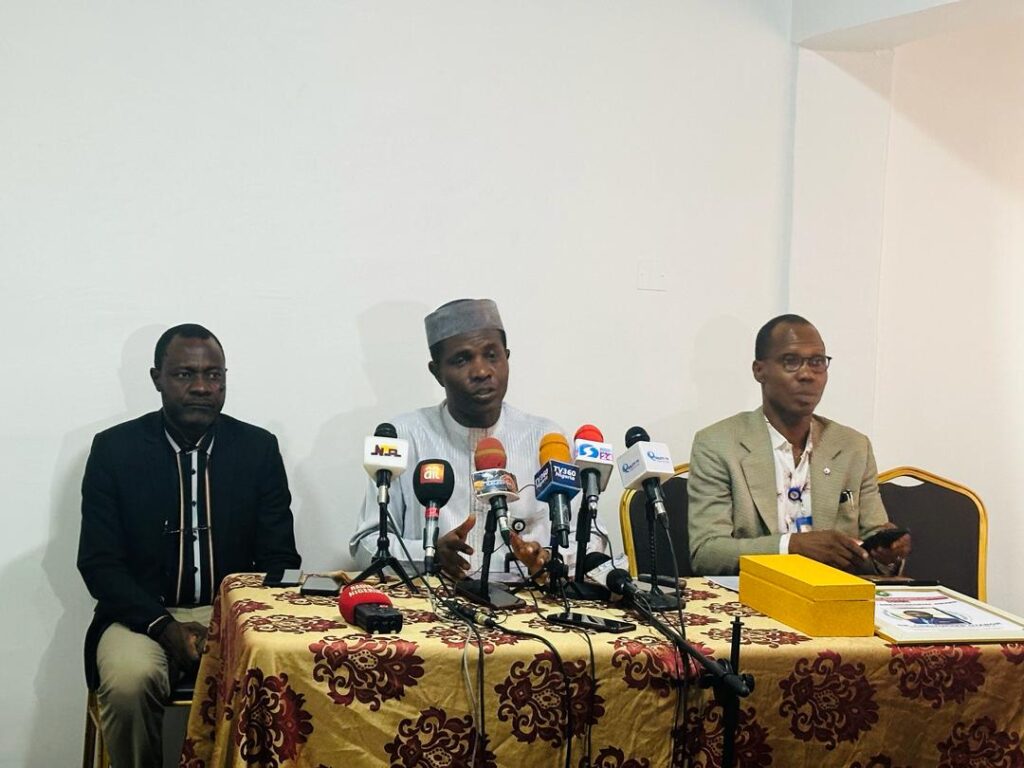The Guild of Medical Directors (GMD) has thrown its weight behind the management and staff of Alliance Hospital, expressing unwavering confidence in its life-saving services dedicated to combating medical tourism.
The Chairman of the FCT chapter of the Guild of Medical Directors, Dr Kingsley Iseko, who led members on a solidarity visit to Alliance Hospital in Abuja on Thursday, commended the hospital’s management for offering a viable alternative for many Nigerians who previously sought medical services abroad.
Dr Iseko emphasized that the Guild was not only an advocate for quality healthcare delivery but also at the forefront of safeguarding healthcare standards in the FCT and Nigeria, ensuring that patients in private hospitals receive optimal care.
He mentioned that Alliance Hospital has engaged in various humanitarian services, adding that all members of the Guild are open to regulations.
“We are open to regulations because it helps us set standards and to make sure that people have confidence in the health care that is being given,” he said.
He added that over 70 per cent of health care is given by the private sector, and when standards are set and judiciously applied in a fair manner, it helps improve public confidence.
“Abuja is fast becoming the centre of reversing medical tourism. Hospitals that are in the guild of medical directors have also spearheaded that,” he said.
Addressing medical tourism
In his remark, Dr Christopher Otabor, the Medical Director of Alliance Hospital, called on the federal government to proactively increase investment in hospital equipment, boost morale among healthcare workers, and address security concerns to combat the issues of brain drain and medical tourism.
Dr Otabor who spoke while receiving an integrity ambassadorial award by leadership of Nigerian patriotic youths against corruption and transparency initiative, estimated the annual economic losses gulped by medical tourism at over a billion dollars.
He expressed concerns about the significant disparity in the doctor-patient ratio, which he stated was over ten times higher than the WHO’s recommended ratio.
He lamented that the current ratio stood at one doctor to 10,000 patients, adding that there are more Nigerian doctors abroad than those currently practicing in the country.
He said brain drain and medical tourism are the two monsters affecting healthcare services and delivery in Nigeria.
Dr Otabor emphasized the need to build local capacity to address healthcare challenges, particularly in critical areas like kidney transplants.
Presenting the award, leader of the group, Ochekwu Ocheche applauded Dr Otabor for his desire to remain in the country to provide top-notch health services, rather than in developed countries where he could have earned more.


